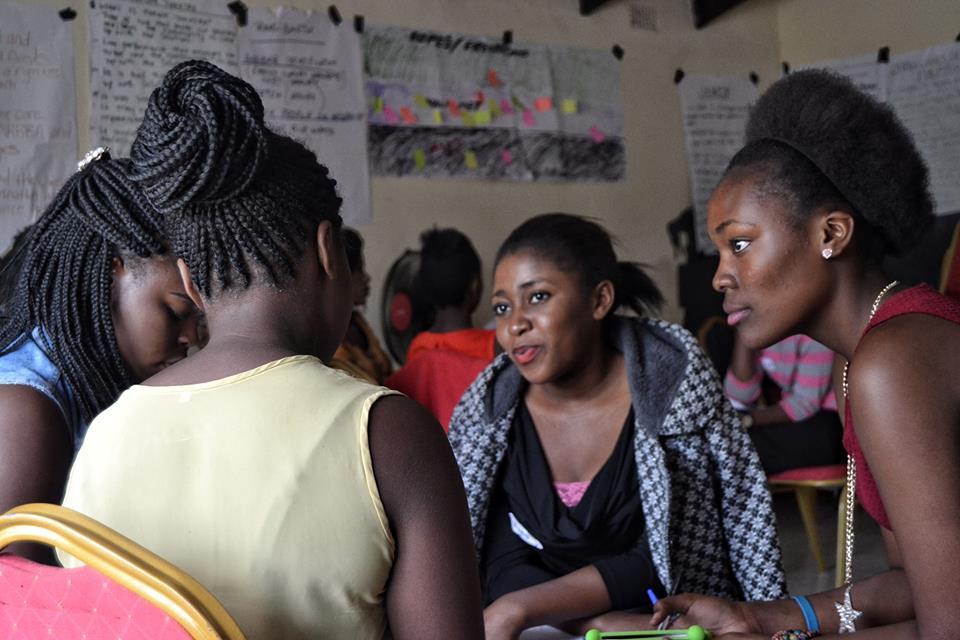The Young Leader who is Pushing Female Entrepreneurship in Zambia
Can you tell me what your organization She Entrepreneur does?
She Entrepreneur focuses on enhancing livelihoods through training on entrepreneurship, job readiness and financial literacy, all as a means to economic empowerment.

Why is financial inclusion important and how is it being addressed today?
We look at financial inclusion as particularly important for women because women tend to face higher levels of deprivation. Financial inclusion reduces inequality in a society and provides a levelled playing field. With the advancing of mobile money, each person who owns a mobile phone can have their own bank account. With mobile money booths spread out even more than bank branches, money in their accounts is easily accessible. Also, the advent of borrowing from the mobile money service providers fills up the gap particularly for individuals who did not meet the banks eligibility requirements to access credit.
Secondly, in Zambia village banking is quite popular, this is the traditional means of banking where individuals in a group contribute money to the group and lend amongst themselves. We now see commercial banks creating accounts for village banking which entails that the formal financial sector is now including individuals who ordinarily would be excluded.
Thirdly, also related to commercial banks, are products that are tailored towards women that provide a specialized product thereby encouraging women to use formal banking channels.
What inspired you to work in an entrepreneurial field?
In 2015 when my co-founder, Precious Lumpa and I were at university, we realized that while there was a student entrepreneurship association, what was lacking was a focus on the needs of women entrepreneurs. Unlike in the Western world where students could work to supplement their income while in tertiary education, here with few employment opportunities, students often resorted to entrepreneurship. However, limited business know-how meant that enterprises rarely expanded beyond the confines of the university. This was worrying because enterprises should ideally grow and create decent jobs.
Currently, the continent is not creating enough jobs required to absorb youth into the labour force and enterprises have a role to play in solving this problem. In a number of African countries, it is evident that youth are highly entrepreneurial, but without support cannot grow their enterprises to a point, where they create decent jobs. What we need is technical assistance – particularly for women entrepreneurs.
"Currently, the continent is not creating enough jobs required to absorb youth into the labour force and enterprises have a role to play in solving this problem."
How can entrepreneurs bring together having an impact with having a financial return?
The starting point is that the world has a number of problems. And in figuring out solutions for some problems (not all) there is a financial return to be realized. This is from drones supplying medications in remote areas to business models around blood banks. In some cases, it may require pricing products according to different markets in order to service the lower end where profit size may be minimal.
What advice would you give to entrepreneurs who are making decisions about how to structure and finance their company?
Very important is the need to formalize one’s business. Sometimes SMEs do not see the relevance of formalizing operations as it usually comes at a cost. However, once a business is formalized and proper records are maintained it is easier to access finance. Also, businesses must have a deep understanding of their cash flow and business plan before they decide on equity or debt financing. Any form of funding has its pro’s and con’s and therefore one must consult before jumping into one or another.
